Author: admin
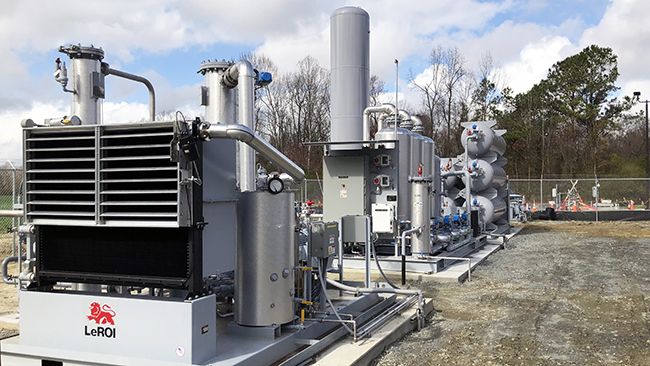
The biogas revolution: transforming waste into green energy
At a time when environmental concerns are rising in South Carolina, the production of clean and renewable energy has become a priority for all residents. One of the most innovative and promising solutions for a sustainable future is the development of biogas, which transforms organic waste into green energy. WhatRead More
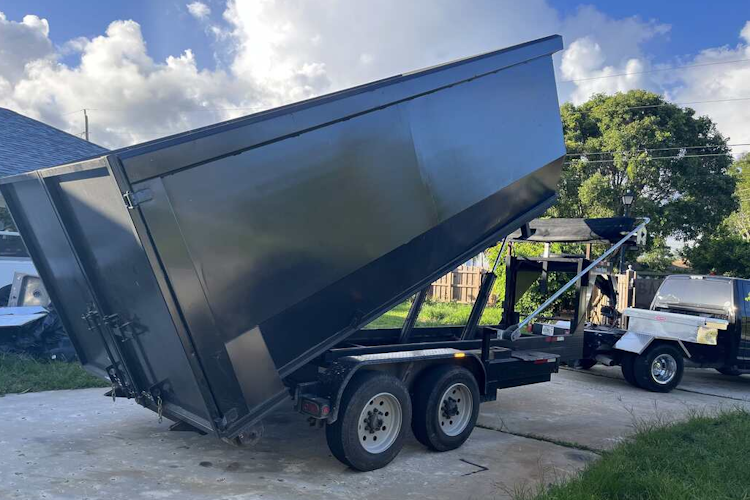
Dumpsters for professionals and individuals in Florida
For all your construction sites in the building sector, construction or renovation or demolition, to relieve your warehouses or factories of anything that hinders and clutters the space, the waste skip is often essential and essential to allow you a optimal recycling of materials as your activity progresses. Preserving theRead More

Plastic-Free Living: Game-Changing Tips to Slash Your Plastic Consumption and Save the Planet
10 tips for reducing your plastic consumption Every year, tons of plastic are thrown into the environment of South Carolina, causing considerable damage to our planet. Reducing your plastic consumption is an essential action to preserve the environment and our health. Here are 10 tips to help you reduce yourRead More

How Creating Recyclable Products Supports Effective Waste Management
Effective waste management is crucial in today’s world, where the consumption of resources and the generation of waste have reached unprecedented levels. Reduction of Waste Generation By creating recyclable products, manufacturers actively contribute to the reduction of waste generation. Traditional products often end up in landfills or incinerators, causing significantRead More
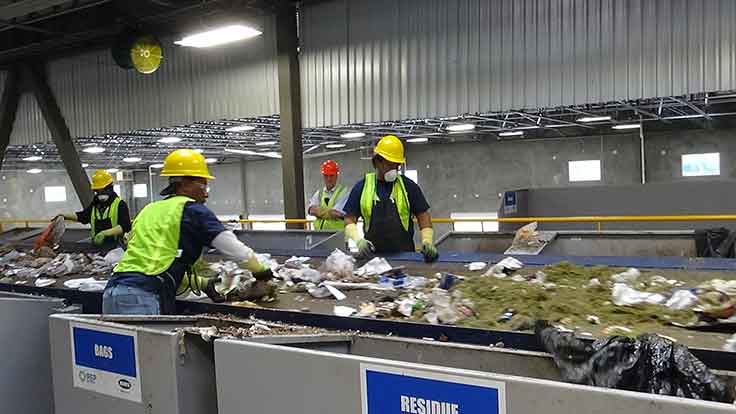
Montgomery AL dumpster rentals and pollution
Water and ground pollution are an increasing problem in Alabama in general and Montgomery in particular, posing a threat to the health of humans and wildlife, as well as the environment. To combat this issue, the state of Alabama has taken a number of steps to reduce and prevent waterRead More
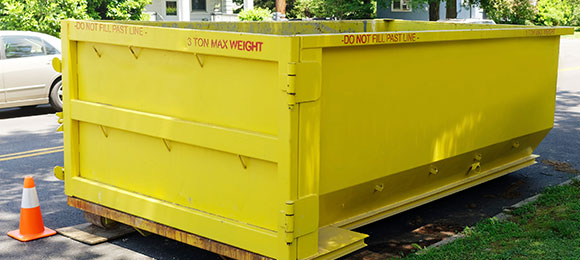
Advantages Of Hiring A Dumpster
Dumpster rental services can have a massive role in the success of a business. These rental services are easy to use and provide trustworthy garbage disposal options for a wide range of trash types and dumpster sizes. As a result, it can help keep you and your co-workers safe atRead More

Why do you need to rent a dumpster when you change your roof
Roofers may find it simpler, quicker, and easier to install a new roof. Roofing is a very messy job, and it is a job that is best done by professionals. The fact that you need to rent a dumpster when you are changing your roof will ensure that your homeRead More

How much does it cost to rent a dumpster
US waste management is a big business, including dumpster rentals. Because you’ve never done it before, you want to know how much it costs to rent a dumpster. If you don’t rent dumpsters all the time, you probably don’t know what’s the price of renting a dumpster. Are you rentingRead More

Is There Demand for Recycled Materials
Creating A Demand For Recycled Materials The demand for recycled materials has been growing as time goes on. As more people become aware of the need to recycle materials and recycle more, businesses are now producing more products made from recycled materials or using recycled materials in their production processes.Read More
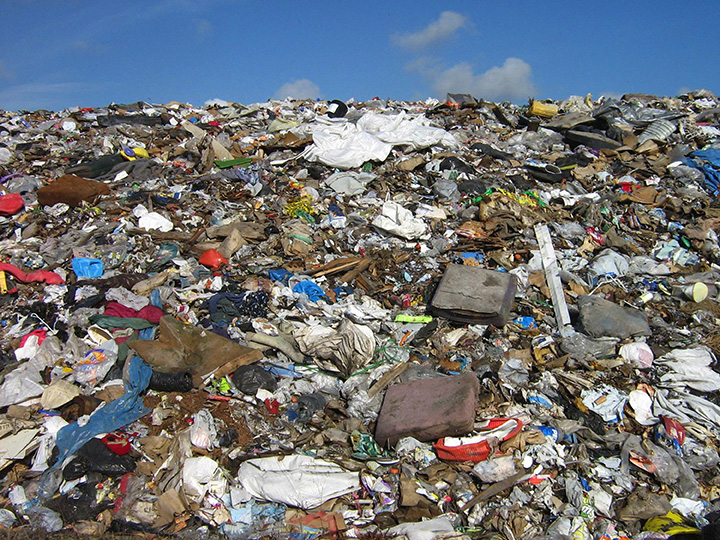
Waste Management process
Waste management is a service that manages the trash or garbage we produce or the waste material, like a material or by-product of a manufacturing process. In waste management, waste is collected from a source, treated, stored, transported and finally disposed or reused. Waste management is not a single systemRead More